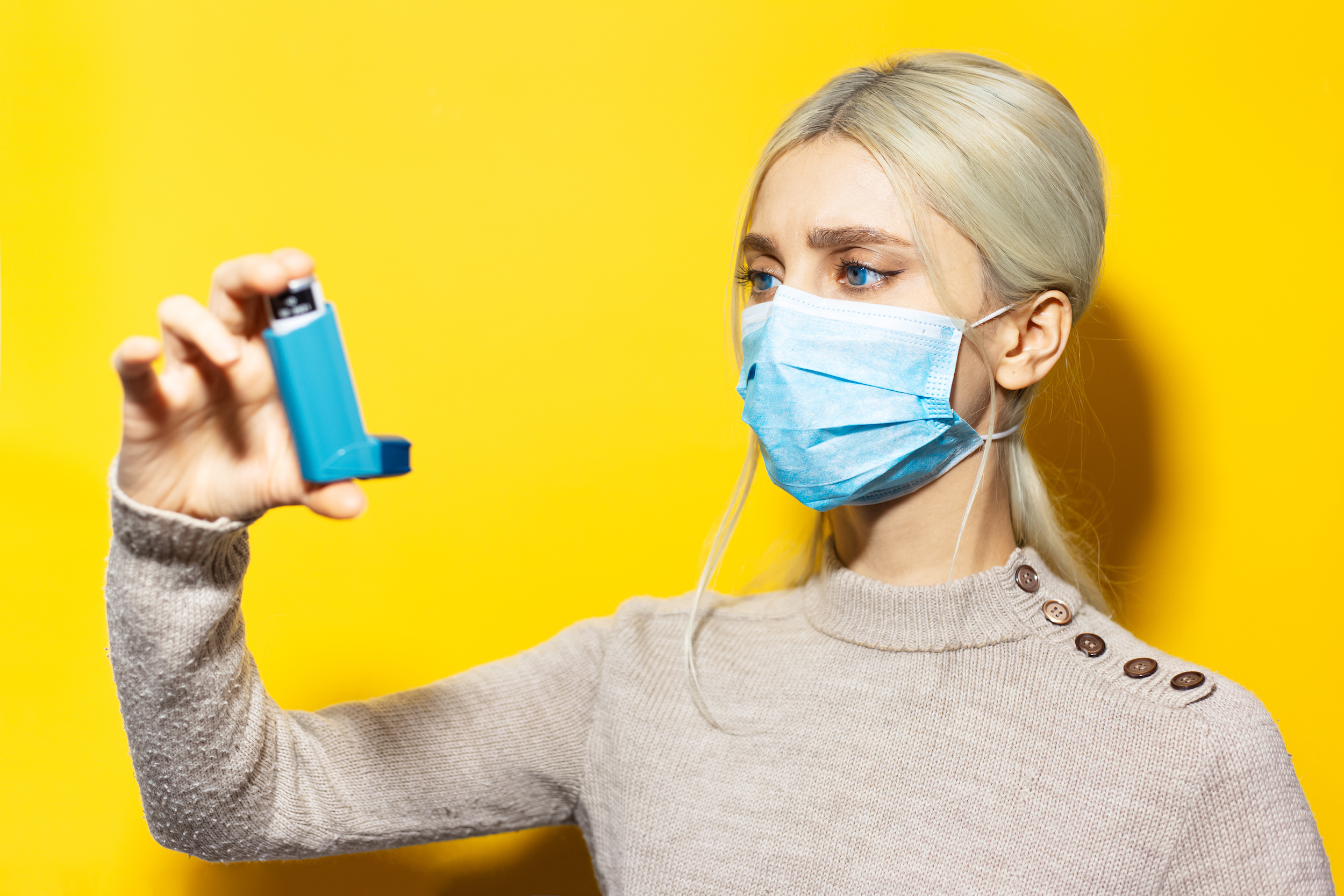In many parts of the country, including Ohio, governments are requiring that people wear a face-covering in enclosed spaces. This includes shops, restaurants, public transport and hospitals. There’s evidence that wearing a face mask can protect others around you if you have coronavirus. Unfortunately, some people may feel discomfort or have trouble breathing when wearing face masks. Bernstein Allergy has prepared the following tips in order to make wearing a face mask easier and more comfortable for people with respiratory issues like asthma.
-
Practice Makes Perfect
While many people with asthma can wear a face mask without any problems, some people tell us that wearing a face-covering makes it hard to breathe. It’s a good idea to practice wearing your mask for short periods of time at home, or on a short walk around the block. Like most things, practice makes perfect and most patients slowly get used to the sensation of having a covering on their face over time.
-
Choose a less obstructive face mask
Try experimenting with different types of face masks – some are easier to wear than others. Sometimes the feeling of wearing a face mask might take a bit of getting used to, but trying different types and starting with short periods of time can help you feel more comfortable.
-
Make sure to wear clean face masks
Masks serve as our shield against airborne particulates including COVID-19 preventing the virus from entering our body through the nose and mouth. However, dust and dirt can accumulate on your cloth mask so it is important to clean them every day after use. Use hot water when cleaning your washable mask. Soak it with soap and hot water before rinsing it. Tumble dry it on high heat or hang it dry under the heat of the sun.
-
Don’t forget your medication
Now is the time to dutifully take prescribed asthma or allergy medications. These medications will help control your condition and keep you as healthy as possible which is important during this pandemic. It can be helpful to start a peak flow diary if you have a peak flow meter at home which is a great way of tracking your asthma control over time while providing you advanced warning if your lung function is worsening over time. This information can help your medical team assess you more accurately, especially if seen online and not in person.
If you have any other concerns or need more information, contact us at Bernstein Allergy Group.

